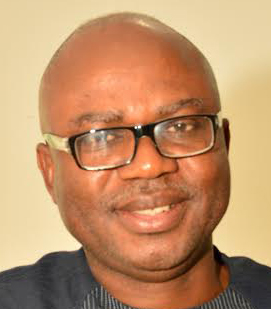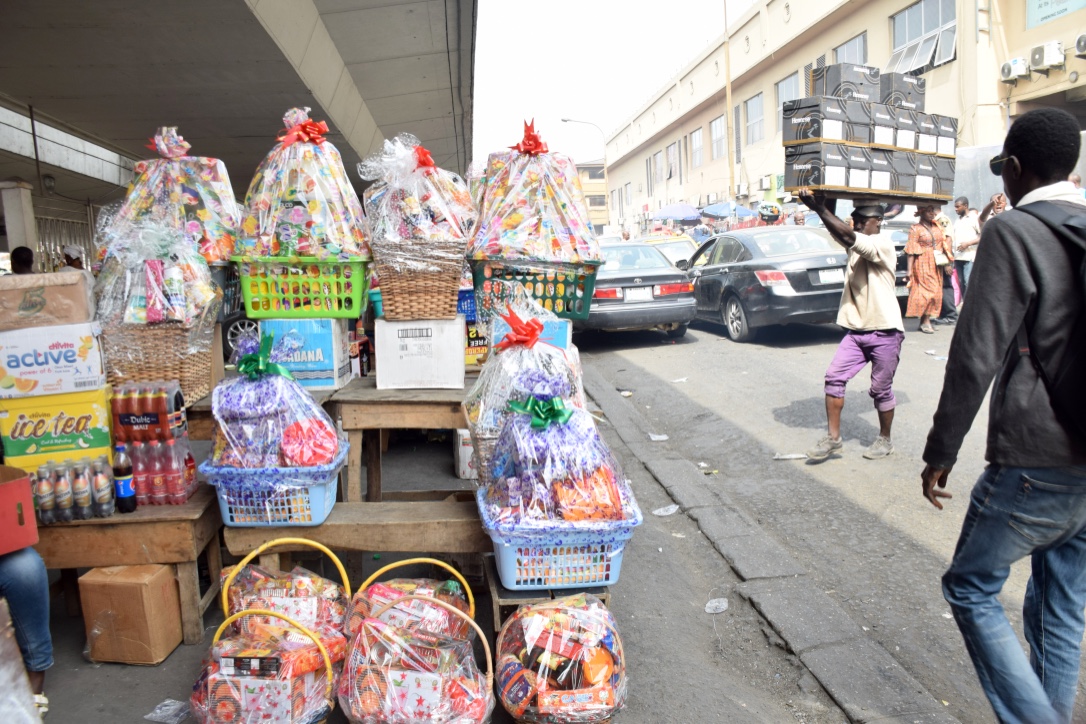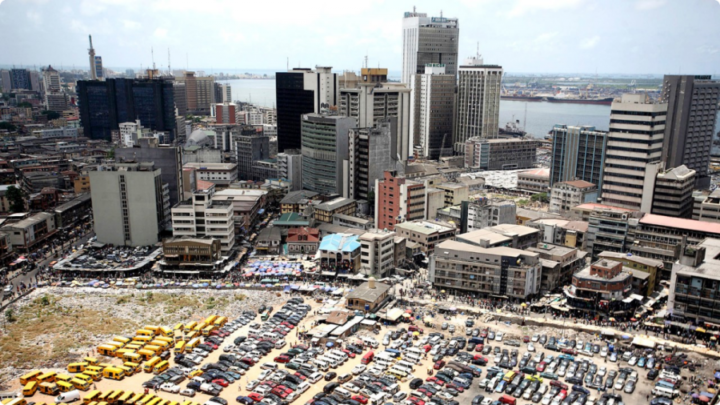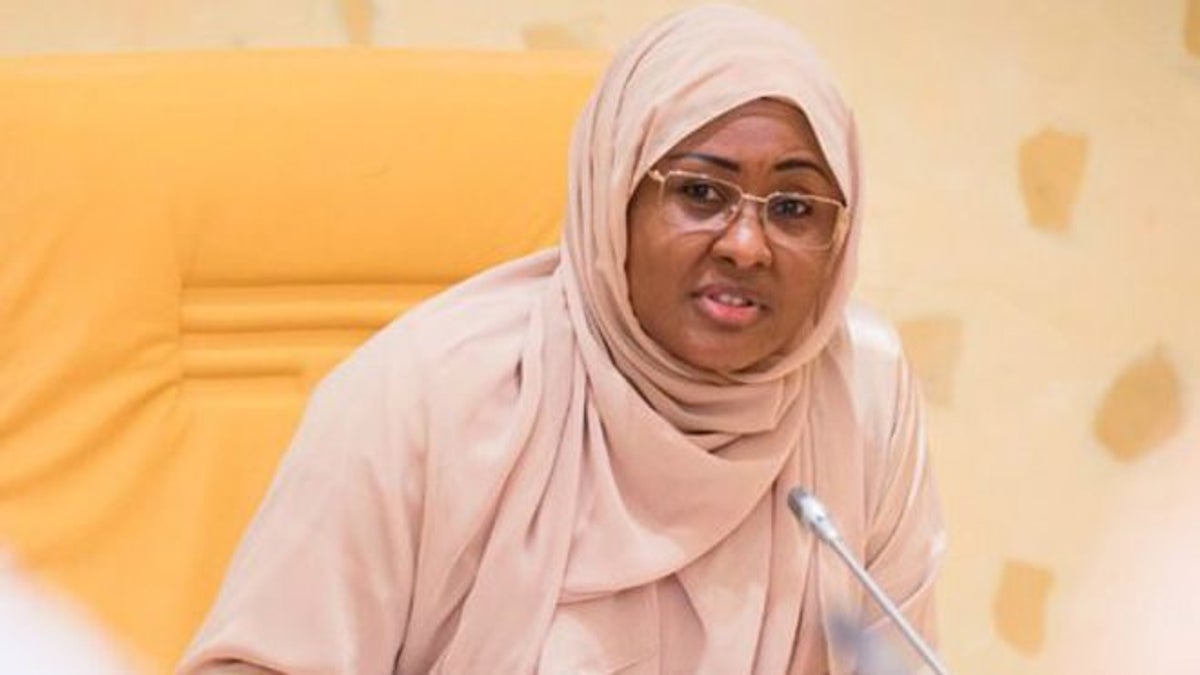Good governance is not rocket science but common sense. It is also about having the political will to do the right thing with honesty, checks and balances. For state governments – and local governments where they truly exist – now overwhelmed by the enormity of the challenges facing them, this is a time to make their impacts felt by the majority of Nigerians who look up to them for succour. Big contracts for big projects, though necessary if they could act as catalysts for grassroots development, can’t be popular among compatriots who worry most about their next meal.
I’ve occasionally drawn the attention of those in the driving seat of governance to a model for grassroots development they could adopt at little cost, for lack of opportunities, as I stated recently, is at the root of every problem afflicting the world today. In the face of limited resources, government has the duty to help our communities to help themselves. Rather than give the people fish, it should teach them how to fish. As the saying goes, when you give a man fish you feed him for one day, but if you teach him how to fish you feed him for a lifetime.
The model I’m about to describe is one that is a little familiar. But it has yet to be tested by any state or local government.
ENUGU’S UGLY EXPERIENCE
Advertisement
My home state Enugu almost got on the right lane, two years ago. The programme derailed, however, partly because there were no checks and balances and partly because the first things were not done first. I’m referring to what the state government called “Visit Every Community” (VEC) which was, in 2017, renamed “One Autonomous Community, One Project”. Under the programme, the Igwe(traditional ruler) and the town union’s president-general (PG) in each of 472 autonomous communities across 17 local government areas were to get N10million in two tranches for executing any project of their choice in their community. They got the first tranche (N5m) in November 2017.
The outcome was predictable. Although the VEC directorate within the governor’s office promised to monitor the projects strictly to ensure compliance, the story changed as soon as the money hit the joint account of eachIgwe and his town union’s PG: Most of Enugu’s 472 communities have been in turmoil because the money has obviously gone astray!
An example: The Igwe and the PG of a community in Aninri LGA said the N5m would be used to grade roads. A woman described what happened: “I was surprised to see our men doing the road with shovels, diggers and hoes, afterwards. I think the money has been embezzled by our leaders, and we need government’s intervention over the matter.”
Advertisement
The leaders of the Aninri community were even generous. In some others, the choices were diverse: a public toilet or a police post, upgrade of a local market or purchase of a water tanker, building of a town hall or organizing of an Ofala festival. Where building of a structure was chosen, the money was for commencement of the work; many have not left the foundation level. Some have not even had the courtesy of giving an account to the people they lead. Some convened endless meetings of elders or youths during which goats or cows were slaughtered and assorted drinks served. Some went underground, fleeing the prying eyes of journalists and inquisitive youth in their community.
And that’s how Enugu’s N2.36billion has gone down the drain. The Igwe and the PG of each community are still expecting the second tranche of N5m. But it may not come anytime soon. Enugu and most other states are already distressed, as they groan under heavy debts and labour unions’ harassment over payment of the minimum wage.
Now, I wish to offer a model – a model better than Enugu’s “One Autonomous Community, One Project” — and let’s see how N10m could be better spent in each community.
ONE COMMUNITY, ONE ENTERPRISE
Advertisement
The government invites interested businesspeople or entrepreneurs from each community to fill and submit an “expression of interest” form. Then, they write and submit a proposal for a viable business to be sited in their community– a plan for a business that has comparative advantage or most likely to do well in their area. It may be a cottage industry that could employ no fewer than 30 people, and the budget should be limited to N20m. Under a private-public partnership (PPP) arrangement, each successful applicant is expected to provide 50% of the budget while the government provides 50% as a refundable loan at 0% interest.
After the applications have been screened, one entrepreneur is selected from each community, for a start. The successful candidate must show evidence that they have the needed N10m in a bank. The government pays another N10m into the account. An ancestral land worth N10m is acceptable as collateral.With close monitoring and supervision, each business owner starts the process as indicated in their business plan.
In each community, we now have one or a combination of the following: a piggery, a cassava processing plant, a rice mill, a crop farm, a bakery,a fish farm, among others. Each of the 30 employees together with the business owner must reside in the community. Imagine the multiplier effects of having one enterprise in each community: suppliers, farmers, technicians, labourers, feed sellers, food vendors etc. The enterprise is likely to be doubled in each community every year or two.
The business owner starts paying back their N10m loan after two years. When the first set of winners refund the loans, another set of applicants is invited.Successful candidates in our model will need to be trained and retrained. Textbook training would now be augmented with skills training. They may also be helped with purchase of equipment and machinery.
Advertisement
Wouldn’t they form better-run cooperatives and chambers of commerce, if they’re organized in the way we’ve described? Can we literally force our leaders to toe this line? It won’t cost government anything because it’s only expected to offer a refundable loan to willing entrepreneurs chosen from each community.
Small and medium enterprises (SMEs) must be placed at the bedrock of the nation’s economy, for they’re the drivers of economic development and growth. Agriculture and agro-based businesses, which are the likely choices of our model community,may have power as a problem. But they won’t need as much electricity and other infrastructure as other businesses in order to do well. And they’re relatively inexpensive. There’s a lot of agro-allied industrial interventions and investments to be done in that sector.
Advertisement
CHANGE FOR THE BETTER
Government is not a good “businessman”. And this accounts for the poor performance of NERFUND, Bank of Agriculture, Bank of Industry, SMEDAN, People’s Bank, DFRRI, community banks, microfinance banks, mortgage banks and similar bodies that government started with the best of intentions.
Advertisement
The loan seekers or their cooperatives in our model for grassroots development would be well known; it won’t be a matter of bringing their grandfathers and great-grandmothers to sign certain documents, or somebody bolting away with a bank’s money.
We’ve got to change our attitude to governance in this part. Things are worse now for the greater majority of Nigerians than they were a few years ago. They will continue to grow worse until we challenge ourselves and appeal to our deepest call to service and decency. The minimum wage, from all indications, is unpayable. And even if it were, only an insignificant minority stands to reap any benefit.
Advertisement
Our governments play too much politics but offer little governance. The time has come for them to replace patronage as government policy with productivity and replace expediency with necessity. Everyone gains when government stops looking after the individual and starts looking after the community.
Nwamu, an entrepreneur, is the CEO of Eyeway.ng
+234-8054100220 (SMS/WhatsApp only)
Views expressed by contributors are strictly personal and not of TheCable.
Add a comment







